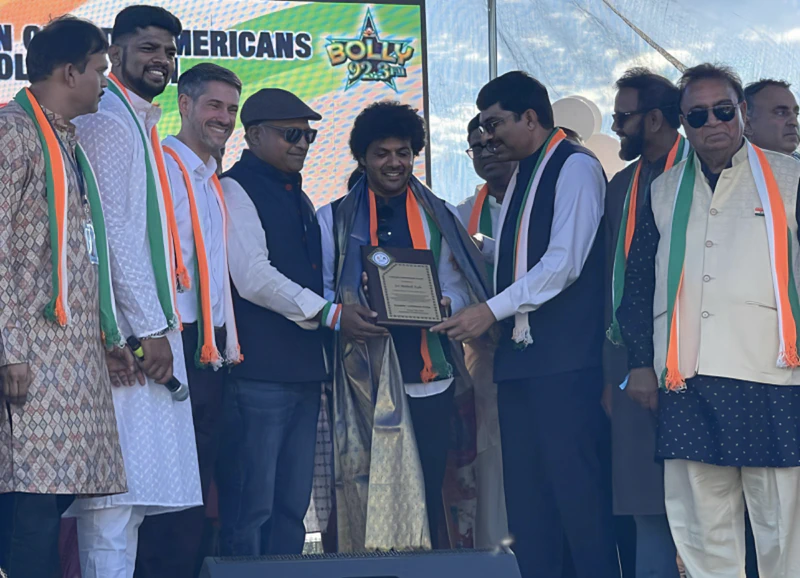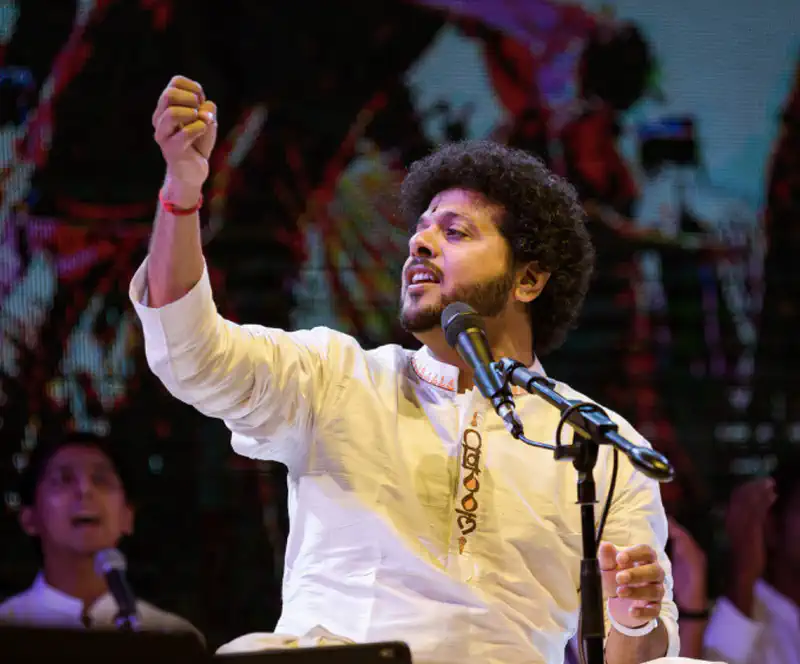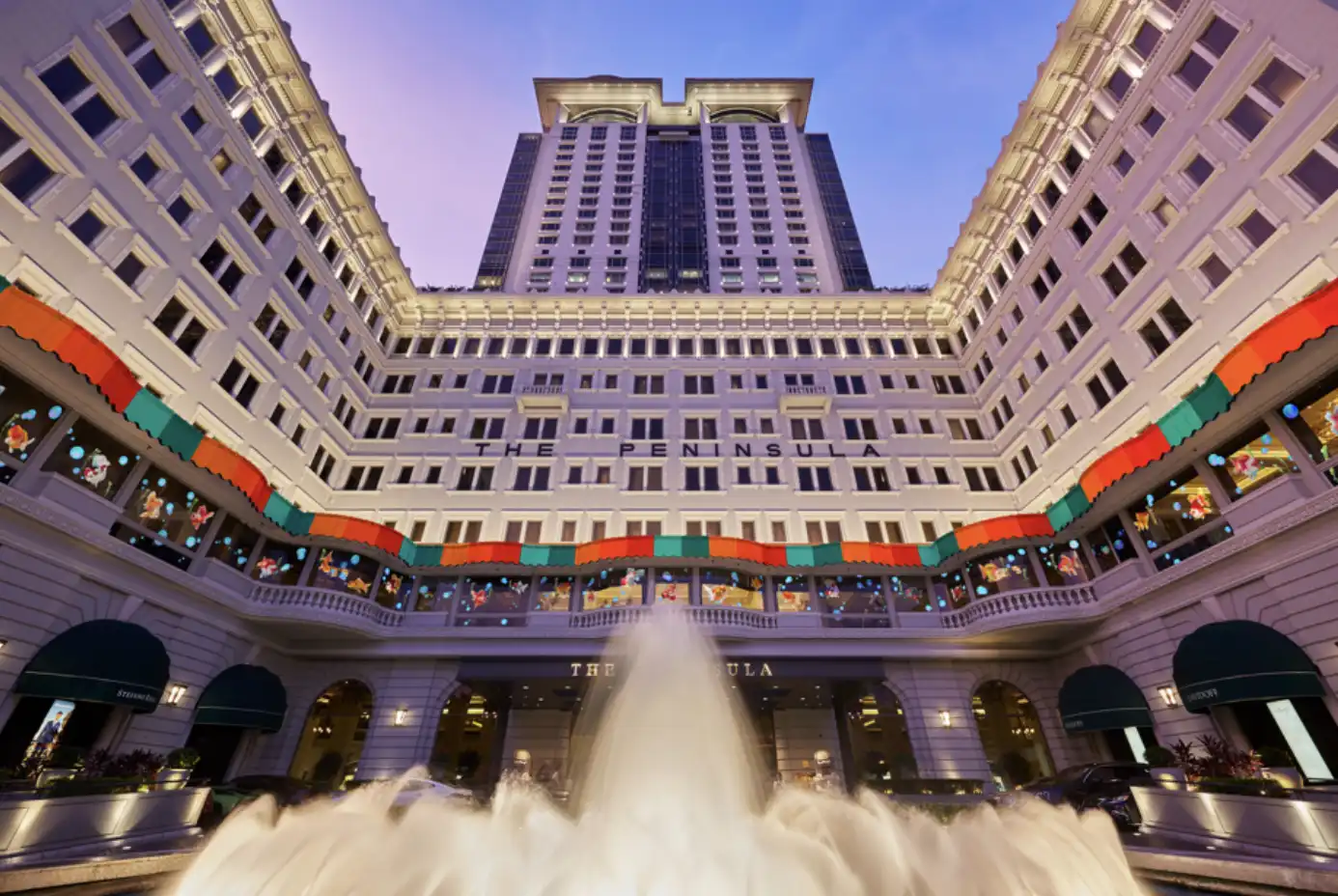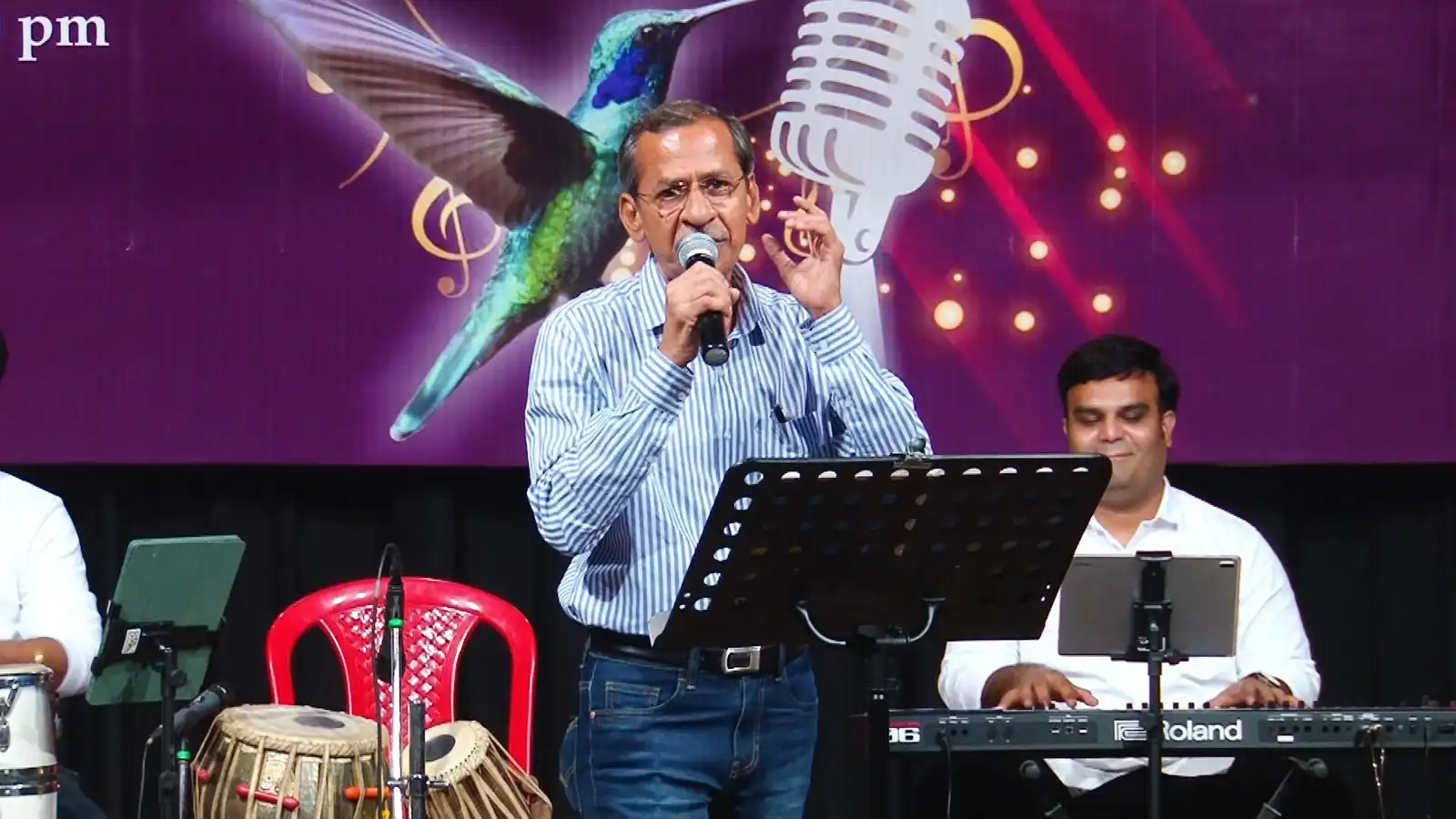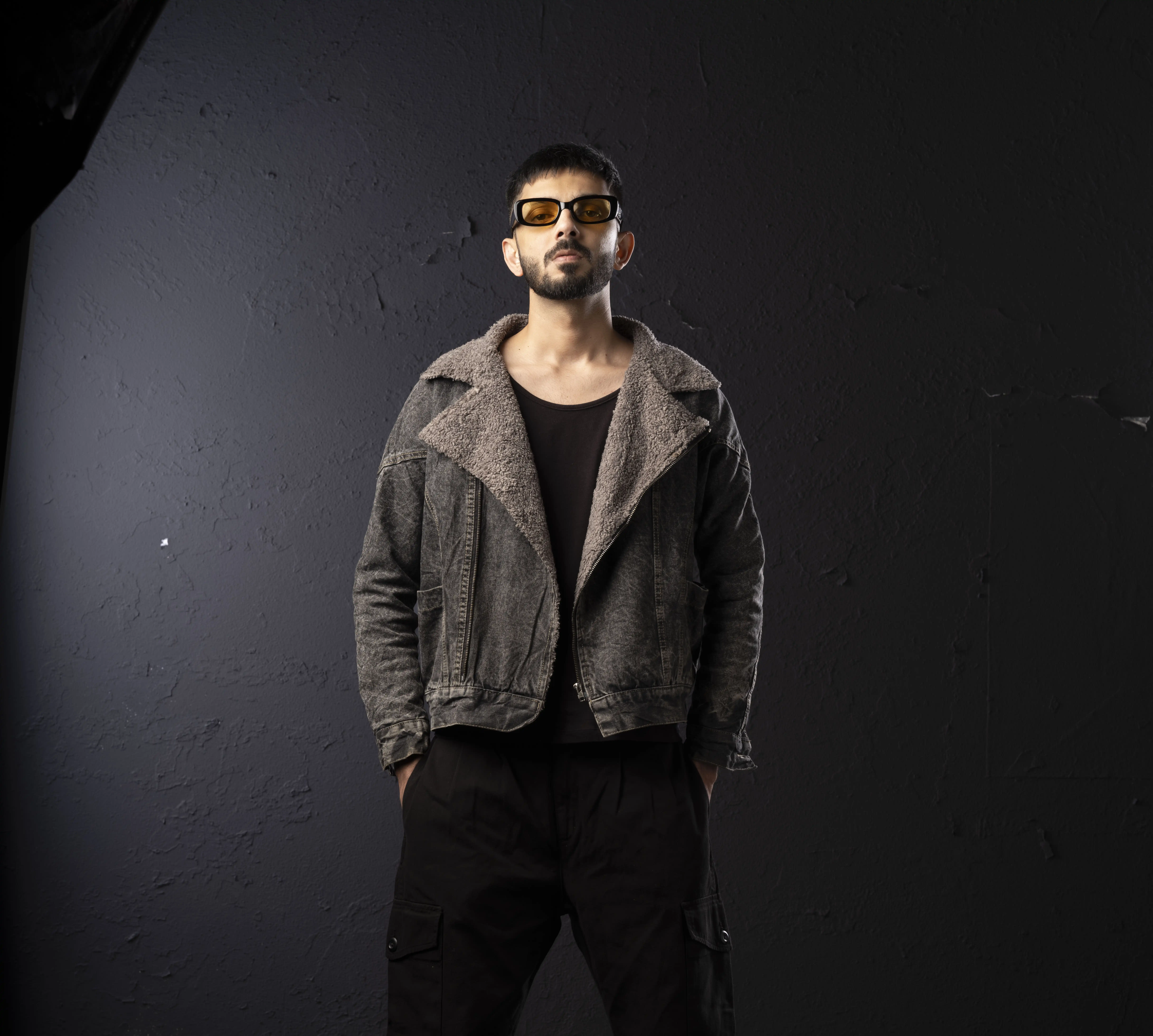Renowned classical vocalist Mahesh Kale has been honoured with the prestigious Lifetime Achievement Award by the Association of Indo Americans (AIA) at the India Independence Day Parade and celebrations held in San Jose, California. This distinguished recognition was presented by the Consul General of India, Sikar Reddy, in a grand ceremony commemorating India’s 78th Independence Day. The AIA, a coalition of over 48 non-profit organisations across Silicon Valley, celebrated Kale’s exceptional contributions to Indian classical music and his enduring influence on global cultural platforms.
Kale, celebrated for his mastery of Indian classical music, particularly the Natya Sangeet genre, has won hearts across the world with his performances. A recipient of numerous accolades, including the National Film Award for Best Playback Singer, Kale continues to elevate the rich tradition of Indian music on the global stage. His artistic journey, marked by a commitment to cultural preservation and innovation, makes him a fitting recipient of this honour, inspiring countless artists and music enthusiasts worldwide.
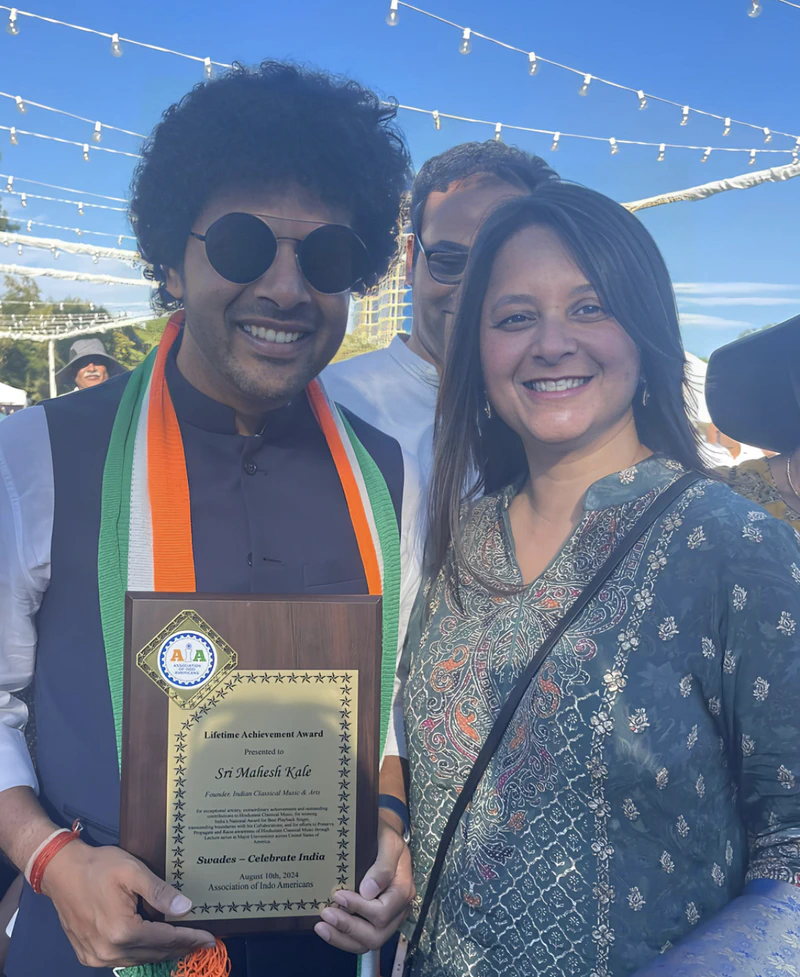
Upon receiving the award, Kale expressed his surprise and gratitude, saying, “I was in a bit of disbelief because the Lifetime Achievement Award is something you receive not only after creating a significant body of work but also when you’ve established seniority in the field. In Indian Classical Music, at my age, we are still considered youngsters, and I would like to believe that there is still a long road ahead of me—a legacy to build, a substantial body of work yet to create, and many places I hope to illuminate with the light of Indian Classical music.”
The award underscores Kale’s lasting impact on the Indian diaspora, particularly in the United States, where his efforts have helped bridge cultural gaps and foster a deeper appreciation for Indian heritage. He emphasised the power of Indian classical music to foster understanding and unity amidst global unrest, stating, “I think Indian Classical Music is an excellent tool to bridge cultural gaps because with the culture and openness comes inquiry, and with inquiry comes understanding. Given the war and unrest that is going around the world, there is a lot of music that needs to be promoted, especially Indian Classical Music, because it comes from a place of worship, wellness, and ease. If we focus on these things, the hatred we see going around will be far less than it is.”
